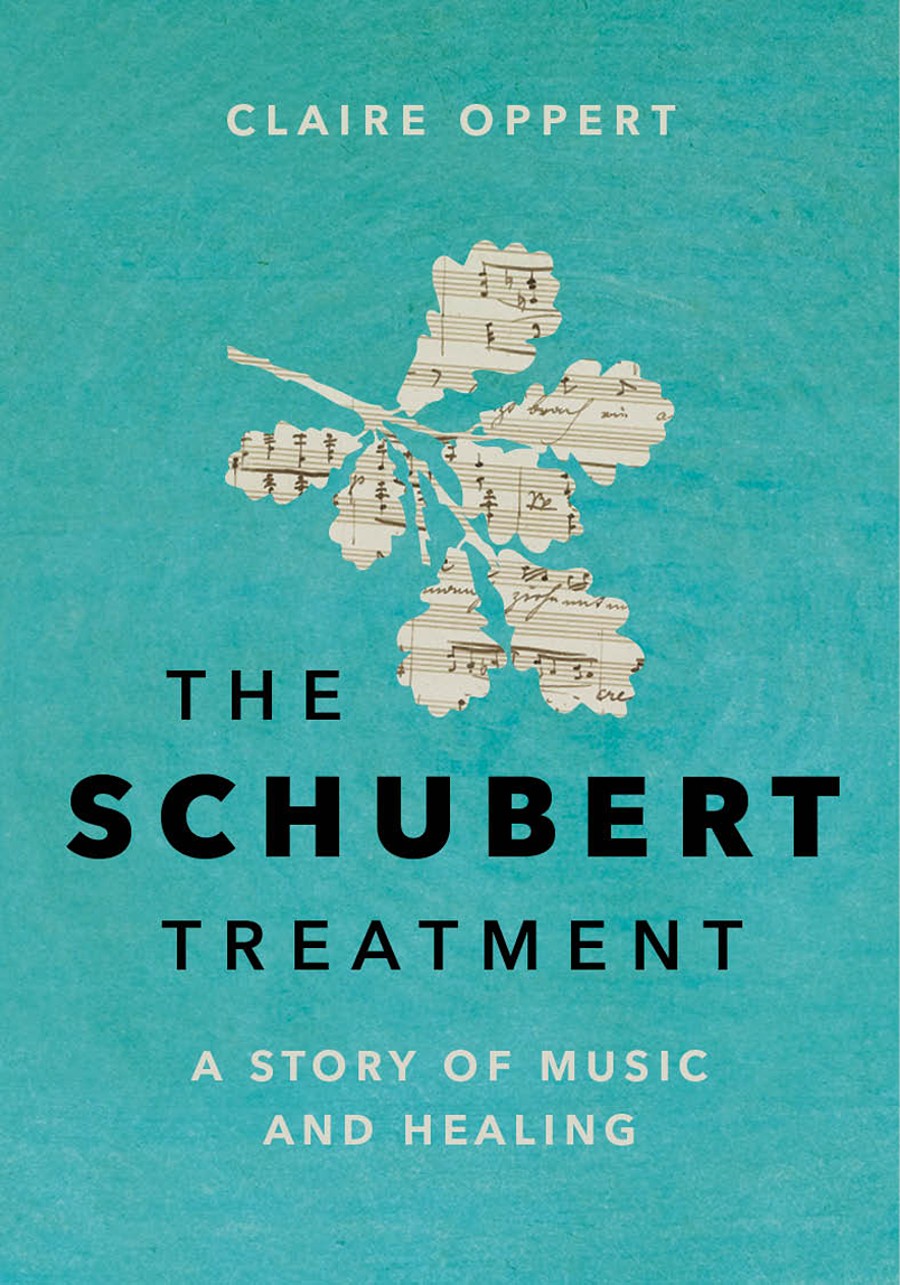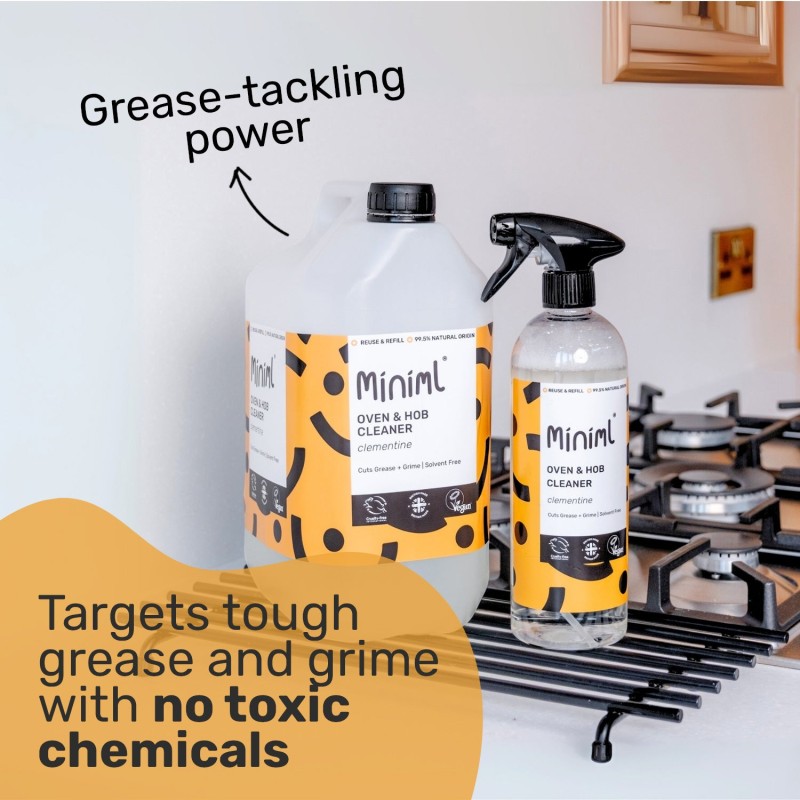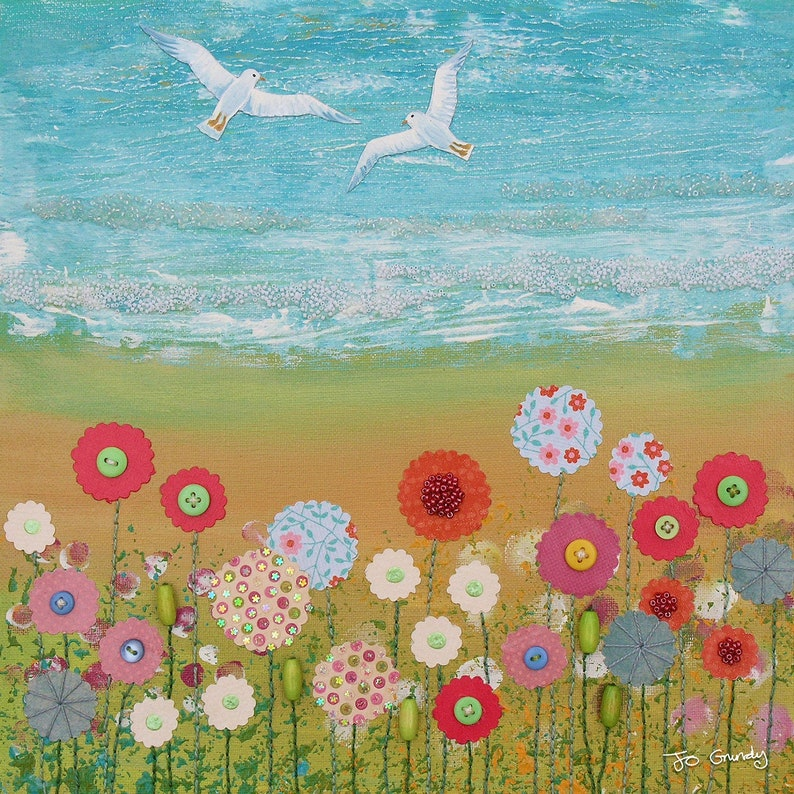Sustainable Aromatherapy Oils (a guide)

Aromatherapy oils are popular for beauty and medicine, but many brands are from endangered trees and packed in plastic. Also it’s important to dilute them, as neat oils poured down sinks can harm aquatic life.
Avoid aromatherapy oils for pregnancy/nursing and epilepsy, and avoid use near babies and pets. Air rooms after using, and don’t use in bedrooms, if pets sleep on your bed.
Always choose organic eucalyptus oil, for sustainable harvesting methods (to avoid companies that use chainsaws to chop down forests that are home to koala bears).
Rosewood oil is from an endangered tree, choose ho wood as a sustainable alternative.
Keeping Safe with Essential Oils
- Avoid going out in the sun for 18 hours, after using photo-toxic oils (bergamot, grapefruit, orange, lemon) to avoid burns and blisters.
- Use natural reed diffusers over candles (if used, read our candle safety tips).
- Dilute essential oils with carrier oils (avoid oils in baths).
- Avoid use in cars (allergies, babies, pets). Use charcoal bags to absorb odours.
Aromatherapy was ‘founded’ when a French perfumier burned his arm, and plunged it into a vat of lavender oil, and found it healed. Today it’s used for beauty and medicinal use.
Tisserand offers sustainable aromatherapy oils, founded by teacher Robert Tisserand. The organic oils are certified by Soil Association. Use a few drops of essential oil to blend with organic jojoba oil (you can use this oil without essential oils to heal dry and damaged skin).
Just add a few drops to your skin. This oil is also good to prevent razor burn, after shaving. Or use as an alternative to body lotion. Jojoba oil is also good for your hair, to help prevent split ends. Just rub in and leave for a few minutes, then shampoo as normal.
For an aromatherapy bath, add 4 to 6 drops of pure oil to a warm bath, avoid base oils to avoid slipping).
- Relaxing oils include lavender, ylang ylang and patchouli
- Warming oils include ginger, black pepper and juniper berry
- Refreshing oils include peppermint, rosemary, citrus, tea tree.
Tisserand Aromatherapy Spa Diffuser
If you wish to scent a room, you can use Tisserand’s Aromatherapy Spa Diffuser (again, never use this around babies or pets, and air rooms before allowing them back in).
This is safer than candles. Switch on to vibrate water molecules that produce steam with tiny bubbles, with the essential oils heated in the reservoir, to produce rising steam. It runs for 4 to 5 hours, then automatically shuts down, when it runs out of water.
Place on a stable surface and never bend the cord, and do not use in smoky, damp places, nor near strong vibrations like music. Only use with tap water (don’t add more than 8 drops of essential oil).






